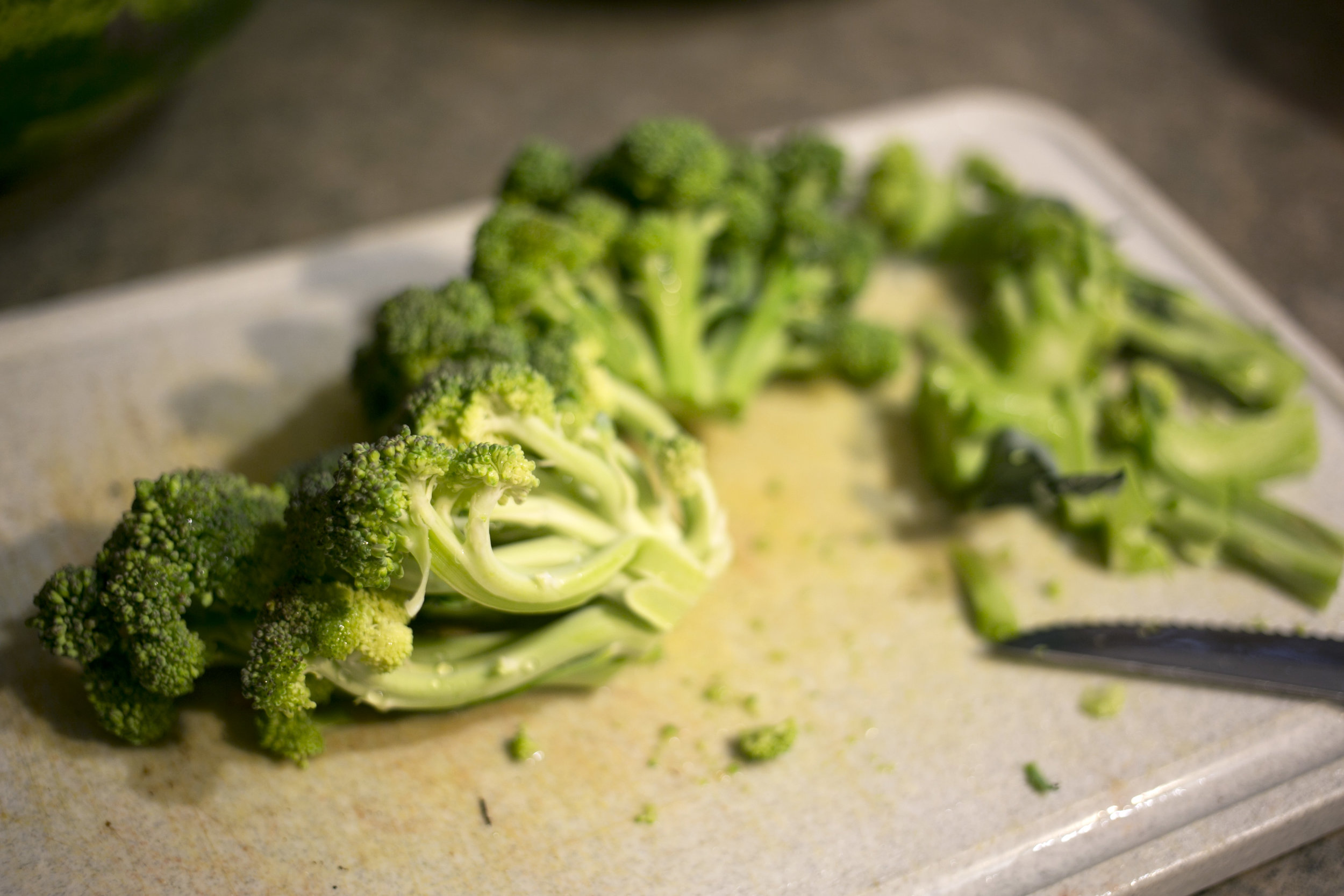We are what we eat. But why do we continue to put crap into our bodies? Because it’s easy; We don’t make the time to prepare a home cooked meal. But what if we set a schedule for meal prep on the weekends and focused on the quality of what we buy?
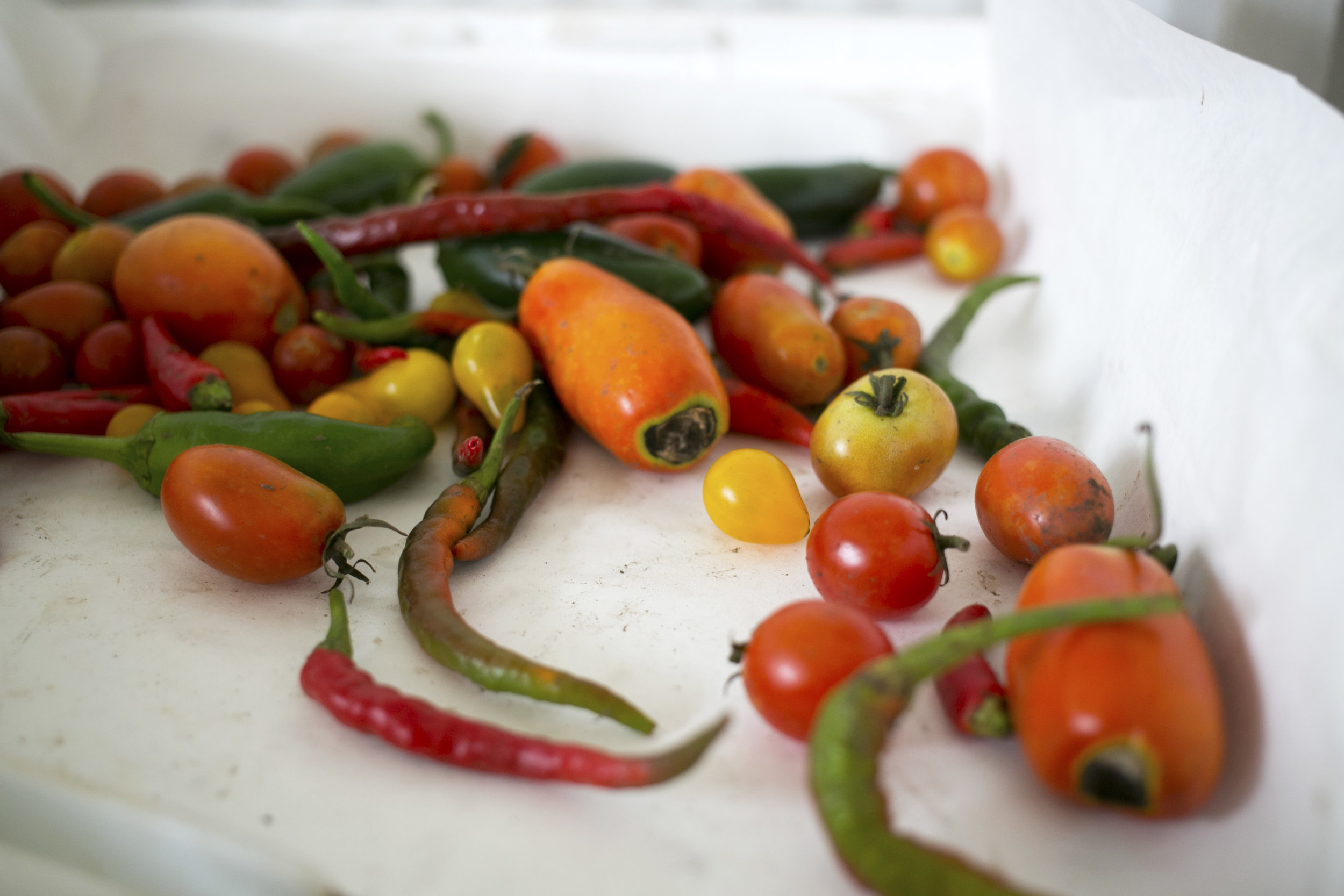
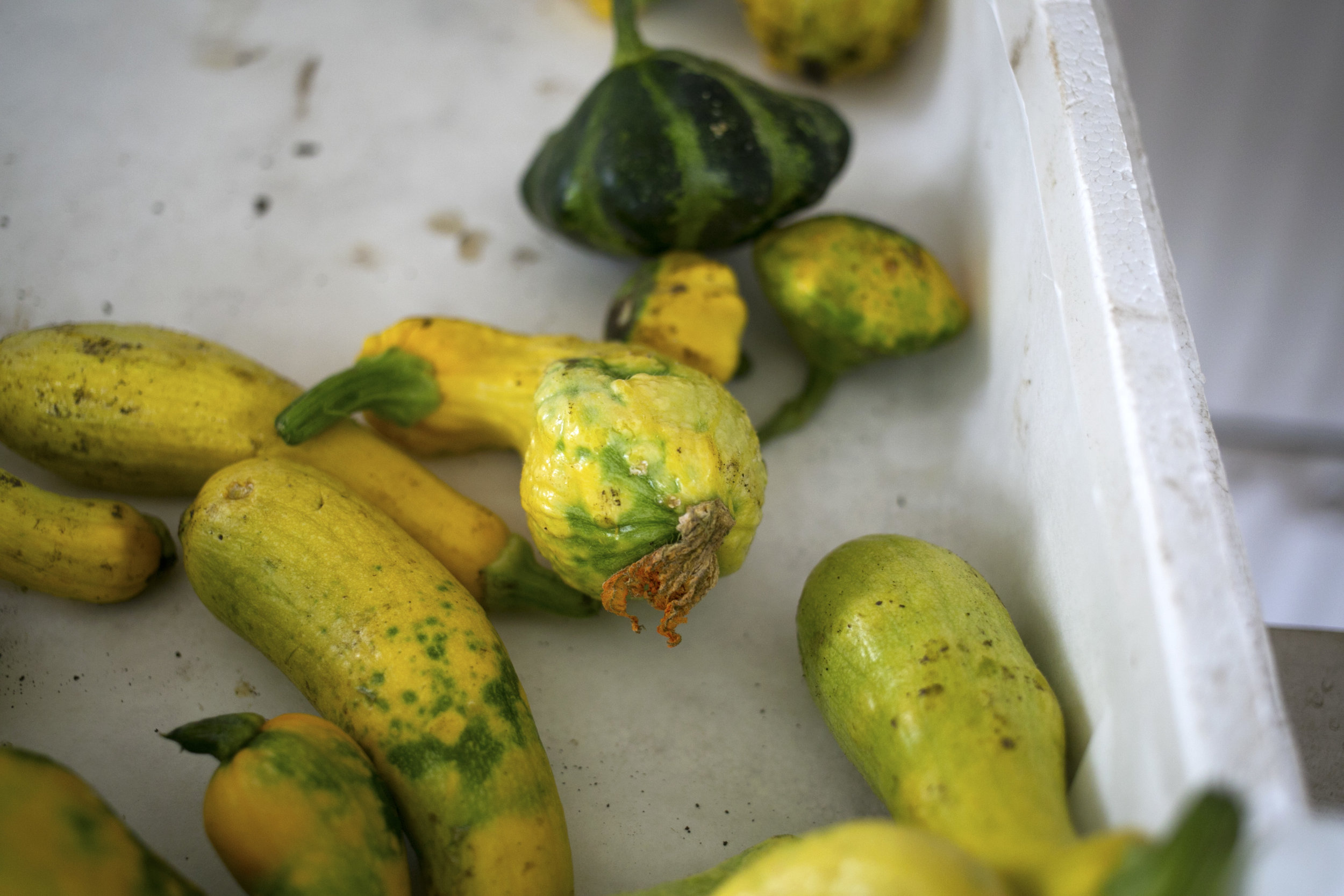
Living in South Dakota, has made me focus on the importance of knowing where our food comes from. Being surrounded by farmers and having the opportunity to see how things are grown, has opened my eyes to our food industry. Even though the proximity of farmers to towns is so close here, this continues to be an issue regardless of where you live. As a society, we have lost the desire to learn or care about what we ingest. The focus is on how quick I can grab something to eat. We view eating as a chore and not, as we should, as a way to maintain our health.
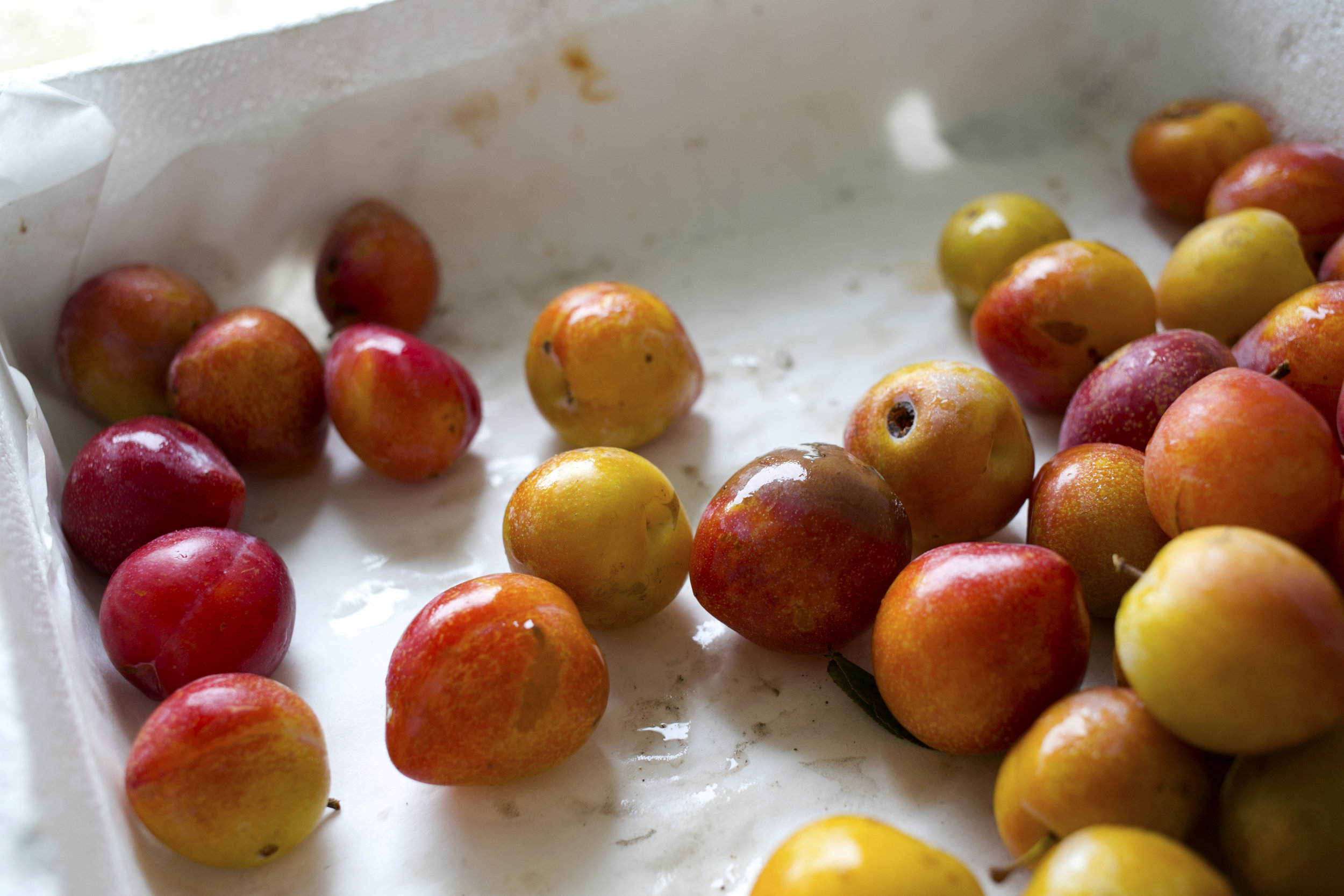
My awareness and knowledge of quality ingredients has grown immensely. Having a tomato that tastes like a tomato. Biting into a piece of cabbage that actually tastes like something. Indulging in a piece of watermelon that’s so juicy and sweet because of how it was grown equals M I N D B L O W N.
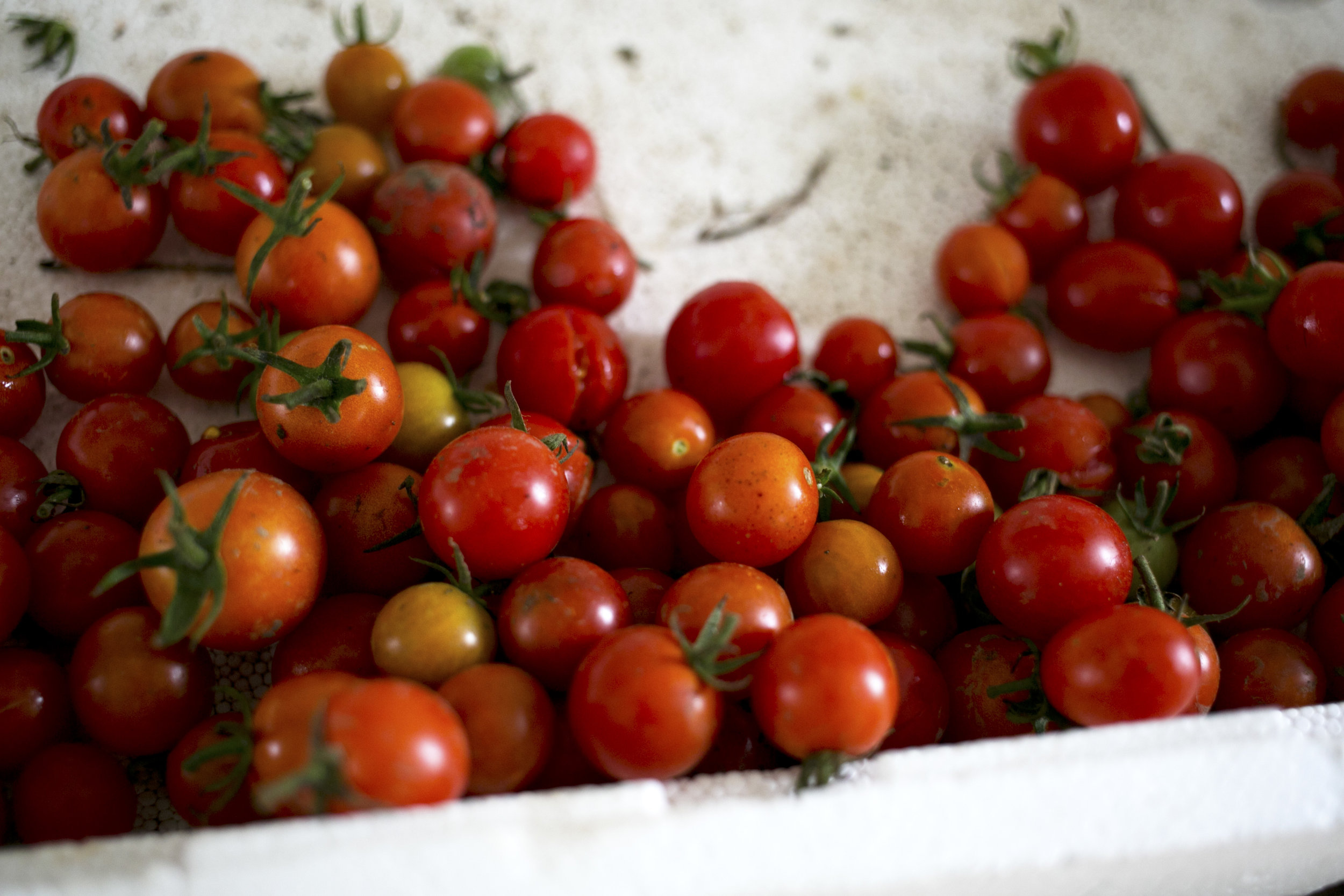
Where can you find these delicious ingredients, you ask?
Look no further than a CSA (Community Supported Agriculture). No matter where you live, you can find these programs near you. These, my friend, are the key to having food that has rich flavor and leaves your taste buds craving more. Our local CSA, Heikes Farm, has changed my outlook on our food system. Growing all their food organically and focusing on all aspects of the farming process makes all the difference in the flavor. For the first time, I know how food is supposed to taste.
I know how to tell when fruit is ripe.
I know how shiitake mushrooms are grown.
I know how succulent corn can be.
All of these culinary experiences that come from the land, very few get to take part in.
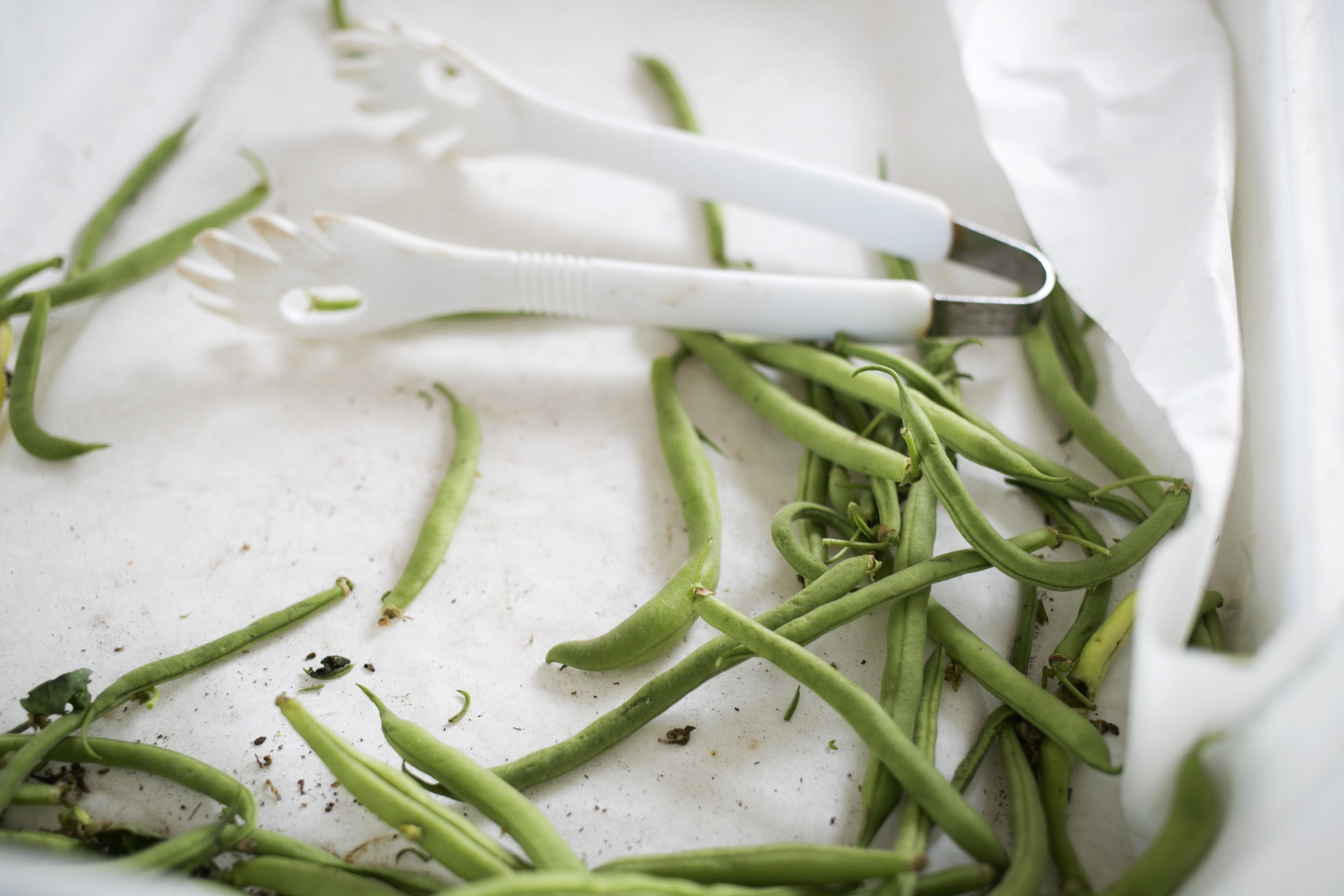
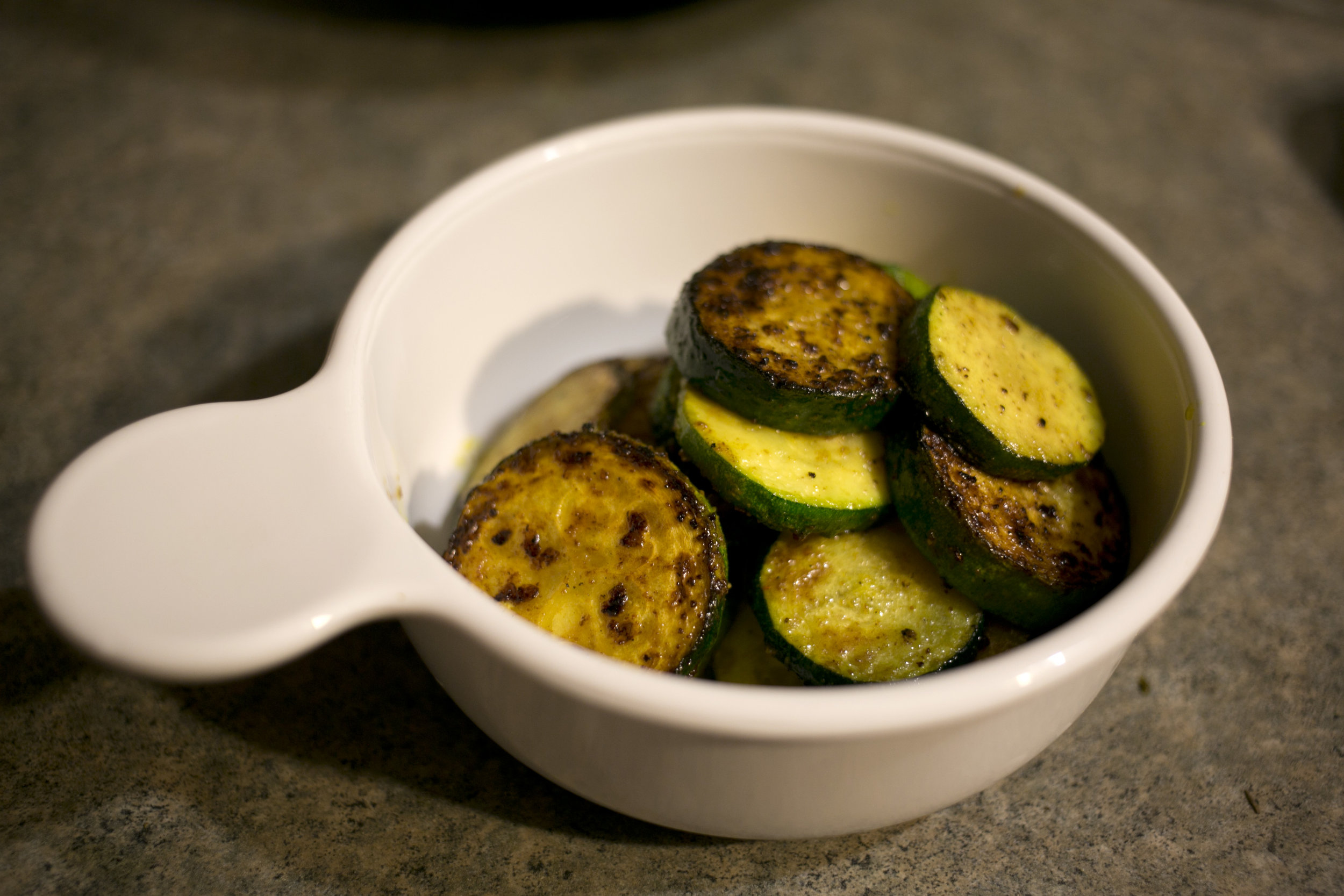
The lack of importance placed on what we put in our bodies is heartbreaking. I was taught that a meat, a starch, and a vegetable equates to a balanced meal. But when the quality of meat and vegetables we buy are full of chemicals and devoid of any flavor, is this a balanced, nutritious meal? No, it’s pumping us full of foreign ingredients that poison our bodies overtime. When we begin to question how our cows, pigs, and chickens are treated and what “farm raised” fish means, this leads us down the road to being a conscious consumer.

CSA shares can be pricey, costing you $300+ for the entire year but are a great investment. This will be sticker shock at first, but when you break down how much you spend at the grocery store a week and calculate that over a year, a CSA can be cheaper. You are paying for quality ingredients and food that is not depleting your health. If a CSA is a big undertaking, then start small by going to a local farmer’s market. Chat with the farmers, ask them questions about their growing process, smell the fruit, and touch the vegetables. This small step will open your eyes to how your grocery shopping should be.
